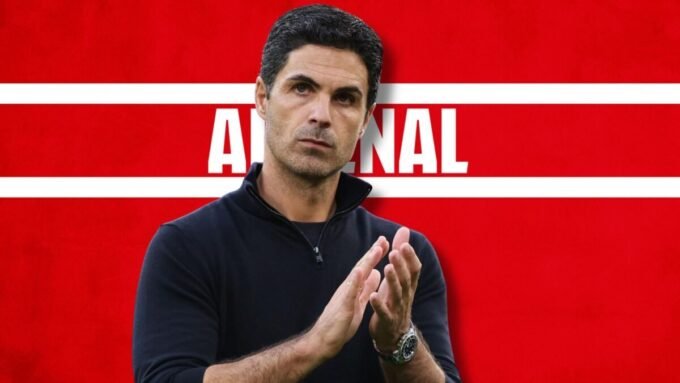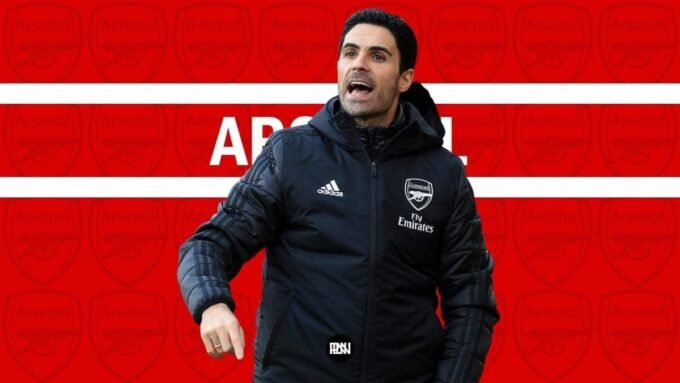When Nyesom Wike, the Minister of the Federal Capital Territory, says he’s going to “take 20 days” to showcase educational achievements, he means it. Or at least he seems to. There’s a confidence there, a bit of a theatrical flair — I half-expected a drumroll — but let’s unpack this in plain terms, and maybe be a little skeptical too, because that feels more honest.
Wike announced the plan during the commissioning of some new engineering works in Wuye District, Abuja. The occasion was about infrastructure — roads, bridges, the usual visible signs of government action — but he pivoted to education. He made a promise: for 20 days the FCT will put the Tinubu administration’s progress in education on public display. The goal, as he put it, is to show Nigerians — and, pointedly, “social media presidents” (that phrase is worth a few raised eyebrows) — what has been done. He even said they would “shock” critics with the results. Strong language. Bold claim.
Also read: How Divorce Changed Kate Hudson — The Quiet Aftermath and What Came After
What this sounds like, in practice, is a concentrated campaign: a series of visits, inaugurations, maybe ceremonies, and public presentations highlighting completed projects and new initiatives in schools across the territory. Wike emphasized that the administration’s focus in the FCT isn’t just physical infrastructure — though highways and bridges do get attention — but also the less flashy work of improving education. That’s important to hear, because education often lags in public conversations while visible civil works grab headlines.
Why spend 20 days? There’s strategy in that number. Twenty days is long enough to mount an organized showcase and short enough to keep attention focused. It’s not a single-day photo-op, nor is it a long, diffuse rollout that people might forget about. Wike said 20 days “is not two days,” a small insistence that they’re serious. Still, the real measure will be the follow-through. Announcements and ceremonies are one thing; sustained improvement in classrooms, teacher training, learning outcomes — those take time, resources, and continuous attention.
Something else Wike mentioned that I found interesting: after the 20 days of flag-offs and commissionings, they plan a short break and then return to concentrate fully on education. There’s a rhythm implied here — build, show, pause, then dig deeper. It’s a sensible sequence, and I can see the appeal. However, it also raises questions. Will the break become a lull? Will the initial show be mostly symbolic? I’m not saying it will, but I’ve seen similar cycles where energy dissipates after the big rollout. So I’m inclined to watch how the “concentrate on education” phase is sustained.
A few bits stood out to me in Wike’s remarks. One was the slightly combative tone toward critics online. Calling out “social media presidents” is a modern touch — it acknowledges that much of public judgment is now made on platforms that reward soundbites and impressions. That’s not inherently bad; it just means the government’s communication strategy is designed not only to inform but also to counteract narratives. Fine. But information and persuasion aren’t substitutes for real reform. They can, at best, create political space to do the work.
Another piece worth noting: Wike framed the Tinubu administration’s achievements as more than civil engineering. He wanted to make clear that education is on the agenda. That’s a useful clarification because infrastructure projects are highly visible and often prioritized for that visibility. Education improvements — refurbished classrooms, better curricula, teacher recruitment, and professional development — are less flashy but far more important for long-term development. It sounds promising that the minister named education alongside roads and bridges, but the details will matter more than the rhetoric.
Also read: Ryan Seacrest’s Look Has People Talking — And Some Are Worried
Thinking out loud — and this is me being frank — what I’d like to see during and after those 20 days are specifics: how many schools renovated, how many classrooms upgraded, teacher-to-student ratios improved, learning materials supplied, and any measurable gains in student attendance or exam performance. It’s tempting to accept the line that “we are making progress,” but progress is easier to believe when numbers and clear benchmarks back it up. Also, I’d be curious about funding and timelines: are these one-off interventions or part of a wider reform plan that continues beyond the showcase period?
There’s another, subtler point. Public ceremonies are necessary — they recognize work, give credit, and can motivate people. Yet ceremonies can also mask uneven results. A ribbon-cutting at a model school doesn’t always capture the realities of dozens of other schools that still need help. So a well-balanced program would mix high-profile events with quieter, sustained support for ordinary schools and teachers. Wike implied such balance by saying the government will return to “concentrate on education.” I hope that concentration is not just a slogan.
I’m also reminded, somewhat personally, of prior initiatives where excitement at the start faded because systems weren’t strengthened. It’s a recurring pattern in many places, not only here. That memory makes me cautious. But I don’t want to be purely cynical. If the government uses the 20-day period to transparently show tangible results and then follows up with consistent support — funding, training, and accountability — it could be meaningful. If they mostly aim at optics, the shine will tarnish quickly.
So, to sum up: Wike’s plan to spend 20 days highlighting educational achievements is a clear public-relations strategy with an asserted policy intent. It’s welcome that education is being placed on the visible agenda for the FCT, but the proof will be in the specifics and sustainability. I’ll watch for detailed reports, measurable outcomes, and whether that “short break” turns into a period of real deep work on education or simply a pause after the show.





































Leave a comment